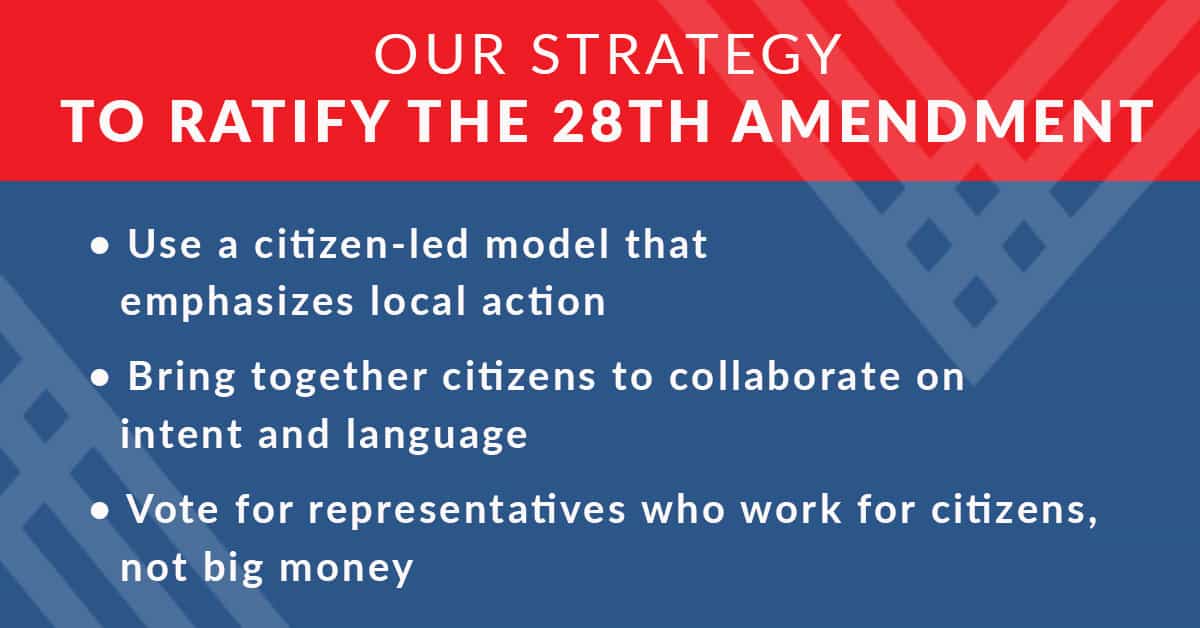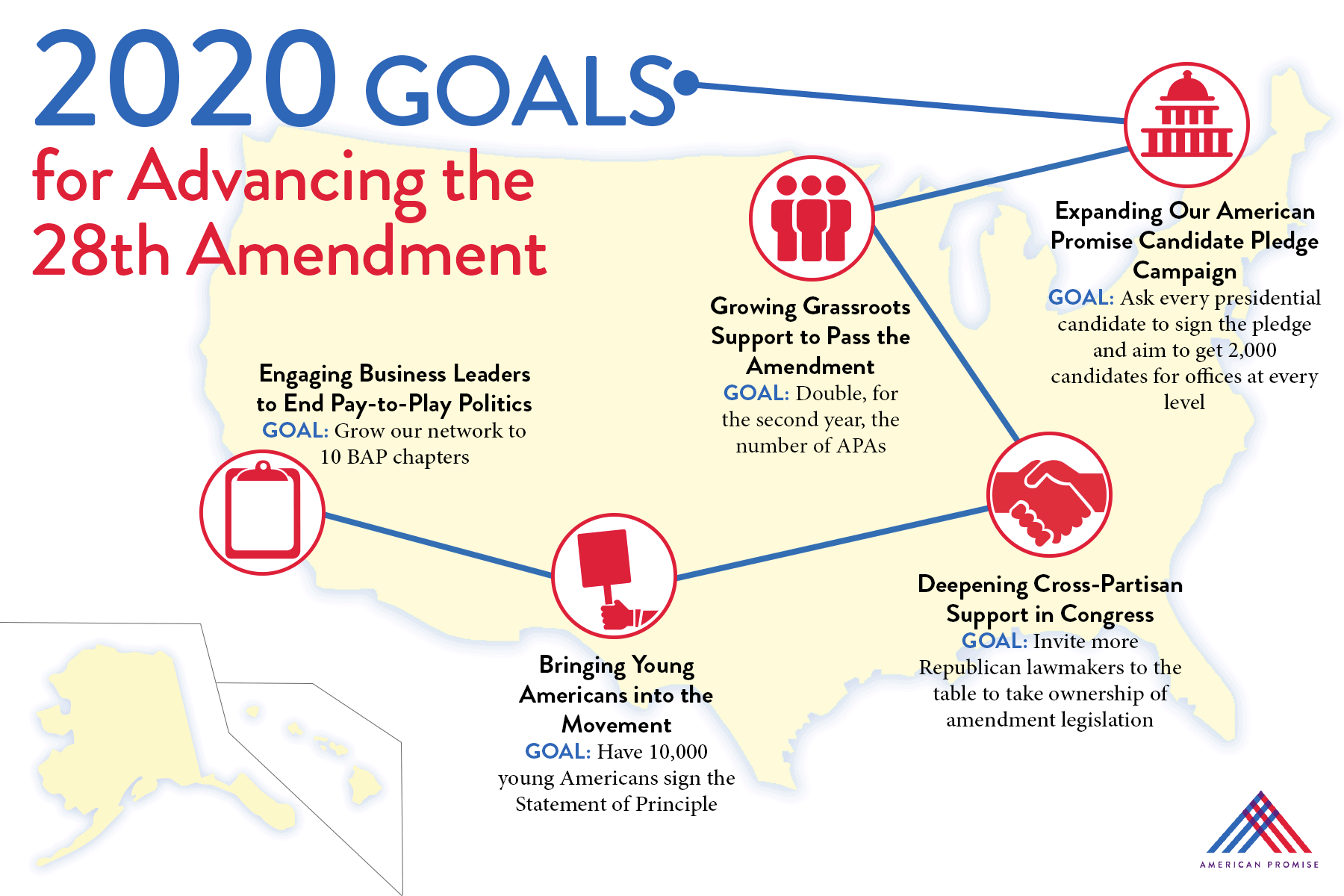Biden's Bold 28th Amendment: A Game Changer for America?
The 27th Amendment to the United States Constitution, ratified in 1992, deals with congressional pay raises. A new proposal, introduced by President Joe Biden, aims to amend the Constitution to limit the influence of corporate money in politics. The proposed 28th Amendment, also known as the "We the People Amendment," has sparked intense debate among lawmakers, advocacy groups, and the general public.
The introduction of this amendment is not just a response to the current state of campaign finance laws but also a reflection of the changing times. The increasing power of corporate interests in politics has led to concerns about the fairness and accessibility of the democratic process. The proposed amendment seeks to address these concerns by providing a clear and comprehensive framework for regulating the influence of money in politics.
The draft of the proposed 28th Amendment is as follows: "No corporation, union, or other entity shall spend more than 5% of its income on federal, state, or local elections. No special interest group shall spend more than 5% of its income on federal, state, or local elections." The proposed amendment aims to create a level playing field for candidates and organizations that rely on grassroots donations.
Understanding the Current State of Campaign Finance Laws
Before examining the proposed 28th Amendment, it is essential to understand the current state of campaign finance laws in the United States. The Federal Election Commission (FEC) is responsible for enforcing federal campaign finance laws. However, the FEC's authority has been weakened by a lack of funding and inadequate staff.
The Bipartisan Campaign Reform Act of 2002, also known as the McCain-Feingold Act, was an attempt to regulate campaign finance and reduce the influence of money in politics. However, the law had significant limitations, including a provision that allowed corporations to engage in "soft money" spending, which is spending that is not directly attributed to a candidate.
The Proposed 28th Amendment: Key Provisions
The proposed 28th Amendment is designed to address the limitations of the current campaign finance laws. The key provisions of the amendment include:
• Limiting the amount of money that corporations and special interest groups can spend on federal, state, or local elections.
• Establishing a clear and transparent system for disclosing the sources of campaign contributions.
• Prohibiting the use of corporate money in independent expenditures, such as TV ads and direct mail campaigns.
The Benefits of the Proposed 28th Amendment
The proposed 28th Amendment has the potential to create a more level playing field in politics. By limiting the influence of corporate money, the amendment aims to reduce the undue influence of special interest groups and promote a more grassroots-based democratic process.
Some of the benefits of the proposed 28th Amendment include:
• Reduced influence of corporate money: By limiting the amount of money that corporations can spend on federal, state, or local elections, the amendment aims to reduce the undue influence of corporate interests on the political process.
• Increased transparency: The proposed amendment establishes a clear and transparent system for disclosing the sources of campaign contributions, which can help to build trust in the democratic process.
• More grassroots-based campaigns: By reducing the influence of corporate money, the amendment aims to promote a more grassroots-based democratic process, where candidates are more accountable to their constituents.
The Challenges and Critics
Despite the potential benefits of the proposed 28th Amendment, there are also significant challenges and critics. Some of the concerns include:
• Limiting free speech: Some critics argue that the proposed amendment would limit the freedom of corporations and special interest groups to express their views through independent expenditures.
• Overstepping the Constitution: Others argue that the proposed amendment would overstep the Constitution and limit the rights of citizens to express themselves through free speech.
• Unenforceability: The proposed amendment would require significant changes to existing campaign finance laws and regulations, which could be difficult to enforce.
The Path Forward
The proposed 28th Amendment is a complex and contentious issue that requires careful consideration and debate. While there are challenges and critics, there are also significant benefits to the proposed amendment, including the potential to reduce the influence of corporate money and promote a more grassroots-based democratic process.
The path forward will require collaboration and compromise among lawmakers, advocacy groups, and the general public. Some potential steps include:
• Holding public hearings and forums to educate citizens about the proposed amendment and gather feedback.
• Conducting research and analysis to assess the potential impact of the proposed amendment on the democratic process.
• Developing a comprehensive plan for implementing and enforcing the proposed amendment, including changes to existing campaign finance laws and regulations.
By working together, it is possible to create a more fair and equitable democratic process that promotes the interests of all citizens, not just corporate interests. The proposed 28th Amendment has the potential to be a game-changer for America, and it is essential that we carefully consider its implications and work towards a more just and equitable society.
Conclusion
The proposed 28th Amendment is a significant proposal that has the potential to transform the democratic process in the United States. By limiting the influence of corporate money and promoting a more grassroots-based democratic process, the amendment aims to create a more fair and equitable society.
While there are challenges and critics, the potential benefits of the proposed amendment are significant. By working together, we can create a more just and equitable society that promotes the interests of all citizens, not just corporate interests. The future of American democracy depends on our ability to adapt and evolve, and the proposed 28th Amendment is a crucial step in that direction.
Frequently Asked Questions
Q: What is the proposed 28th Amendment?
A: The proposed 28th Amendment is a constitutional amendment that aims to limit the influence of corporate money in politics.
Q: What are the key provisions of the proposed 28th Amendment?
A: The proposed 28
How Old Iarleyhimkus
Keri Russell Kurt Russell
Sabrina Carpenter Height In Ft
Article Recommendations
- Anjali Arora
- Kari Lakethnicity
- Hisashi Ouchi Pictures
- Shameera
- Erinlaver
- Maryarps Partner
- Spam Call Prank
- Michaela Conlin
- Joneda
- Cristina Invernizzi



